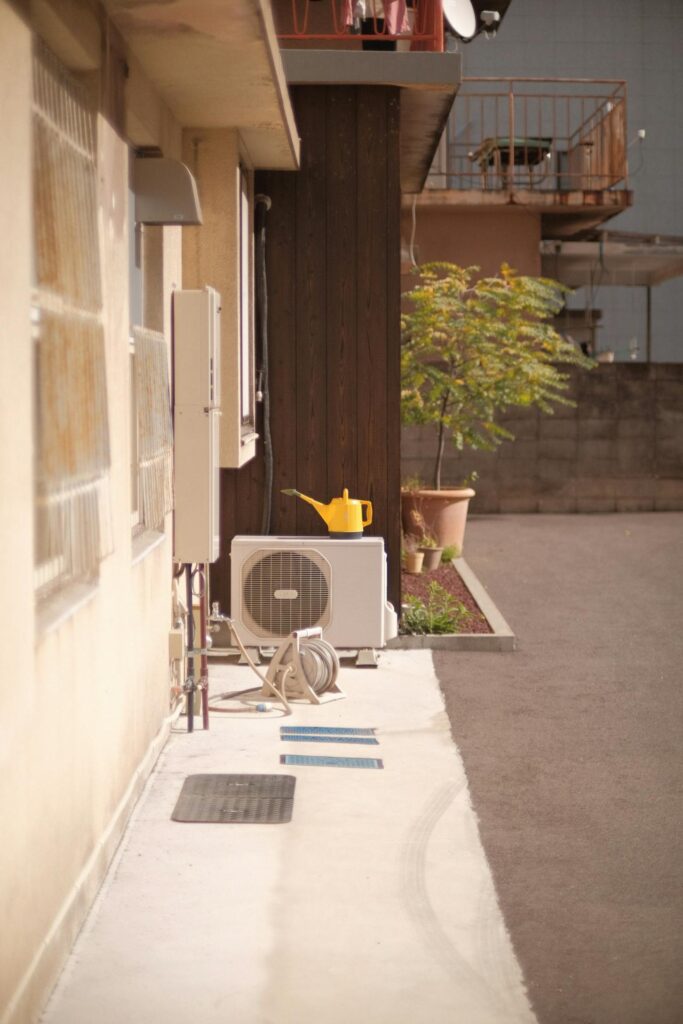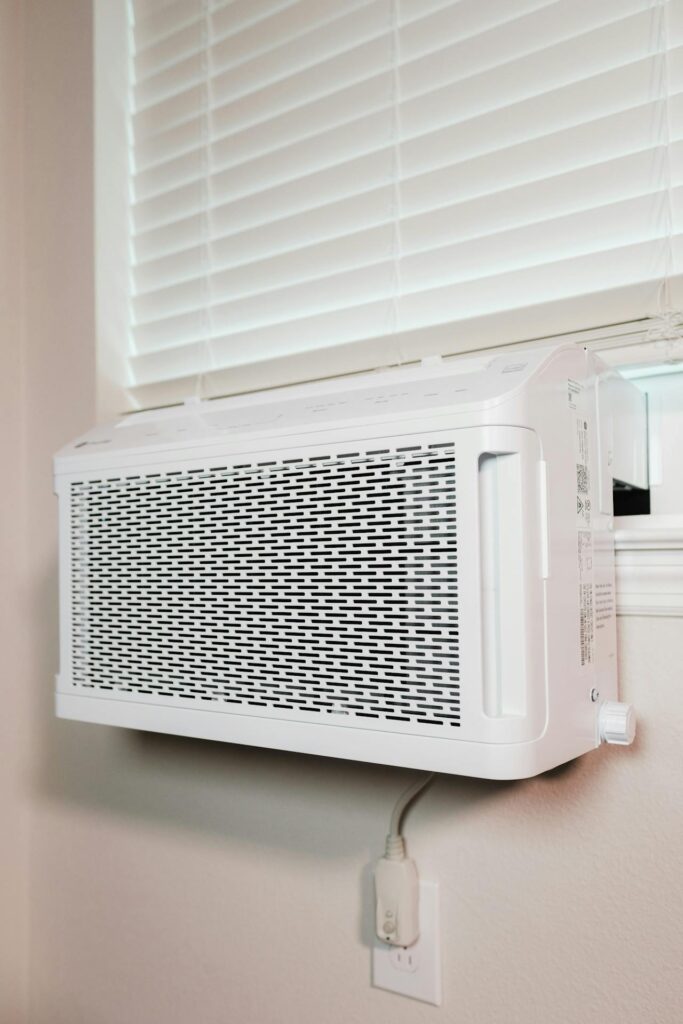Introduction
Maintaining your HVAC system is crucial for ensuring it runs efficiently and lasts longer. Regular maintenance not only helps in reducing energy costs but also improves the air quality in your home. In this guide, we’ll walk you through the essential steps for simple DIY HVAC maintenance, helping you keep your system in top shape.

Tools and Materials Needed
Before you start, gather the necessary tools and materials to make the process smoother.
Basic Tools
- Screwdrivers
- Pliers
- Wrenches
Specialty Tools
- Coil fin straightener
- HVAC coil cleaner
- Multimeter
Safety Gear
- Gloves
- Safety glasses
- Dust mask
Step-by-Step Guide to DIY HVAC Maintenance
Checking the Thermostat
Start by checking your thermostat to ensure it’s functioning correctly. If you have an old mechanical thermostat, consider upgrading to a programmable one to save on energy costs. Set the thermostat to the desired temperature and observe if the HVAC system responds appropriately.
Replacing or Cleaning Filters
Dirty filters can restrict airflow and reduce the efficiency of your HVAC system. Depending on the type of filter, you should replace or clean it every 1-3 months. To replace the filter, turn off the system, remove the old filter, and install the new one, making sure it fits snugly.
Inspecting Ductwork and Vents
Leaky or blocked ducts can significantly impact your HVAC system’s efficiency. Inspect the ductwork for any visible leaks or damage. Seal any leaks with duct tape or mastic sealant. Ensure all vents are clean and unobstructed to allow proper airflow.
Cleaning Coils
Both the evaporator and condenser coils need to be clean for your HVAC system to function efficiently. Dirty coils can increase energy consumption and reduce cooling performance. Use a coil cleaner to spray the coils and gently clean them with a brush. Be sure to follow the manufacturer’s instructions for the best results.
Checking Refrigerant Levels
Low refrigerant levels can cause your HVAC system to work harder, leading to higher energy bills and potential damage. Check the refrigerant levels and if they are low, you may need to call a professional to recharge it. Handling refrigerants requires special training and equipment.
Common HVAC Issues and How to Fix Them
Noisy HVAC System
If your HVAC system is making unusual noises, it could be due to loose components, debris, or worn-out parts. Check for loose screws and tighten them if necessary. Clean any debris from the system and replace any worn-out parts to reduce noise.
Uneven Heating or Cooling
Uneven heating or cooling can be caused by blocked vents, dirty filters, or issues with the ductwork. Ensure all vents are open and unobstructed. Replace or clean filters and inspect the ductwork for leaks or blockages.
HVAC System Not Turning On
If your HVAC system isn’t turning on, check the thermostat settings and ensure it’s set to the correct mode. Check the circuit breaker and reset it if necessary. If the system still doesn’t turn on, there might be an issue with the wiring or a component that needs professional attention.

When to Call a Professional
While regular DIY HVAC maintenance can prevent many issues, some problems require professional expertise.
Signs You Need Professional Help
- Strange noises persist after basic troubleshooting
- Refrigerant leaks
- System short cycling
- Unusually high energy bills
Choosing the Right HVAC Professional
When selecting an HVAC professional, look for someone who is licensed, insured, and has good reviews. Ask for recommendations from friends or family and get multiple quotes to compare prices and services.
Conclusion
Regular DIY HVAC maintenance is essential for keeping your system running efficiently and extending its lifespan. By following the steps outlined in this guide, you can ensure your HVAC system stays in good condition. Remember, when in doubt, don’t hesitate to call a professional to avoid further damage and costly repairs.
FAQs
Q: What is the best time of year for DIY HVAC maintenance?
A: The best time for HVAC maintenance is during the spring and fall when the system is not in heavy use.
Q: How often should HVAC filters be replaced?
A: HVAC filters should be replaced every 1-3 months, depending on the type and usage.
Q: Can I perform HVAC maintenance myself?
A: Yes, basic maintenance like checking the thermostat, replacing filters, and cleaning coils can be done yourself, but some tasks may require a professional.
Q: What are the most common signs of HVAC problems?
A: Common signs include unusual noises, uneven heating or cooling, and higher energy bills.
Q: How much does professional HVAC maintenance cost?
A: The cost varies but typically ranges from $100 to $300, depending on the extent of the service and your location.